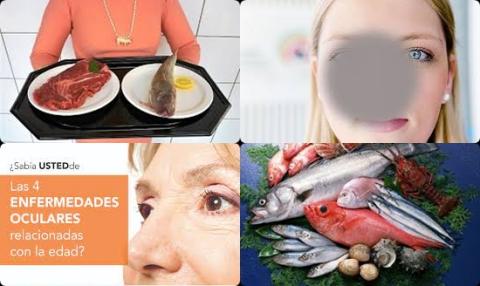
Objectives:
Do plant-based diets improve age-related ocular outcomes among adults?
Study design:
This review article included 15 studies (n = 51,695 participants) assessed the impact of fish consumption, 8 studies (n = 28,753 participants) analyzed the effect of red meat intake and 3 studies (n = 7,723 participants) assessed the impact of omission of skim milk, poultry and non-meat animal products and the presence of disease incidence as indicated by age-related macular degeneration or cataract development.
Results and conclusions:
The investigators found in 15 studies (n = 51,695 participants) that regular consumption of fish significantly reduced the risk of age-related eye disease development among adults with 30% [odds ratio = 0.70, 95% CI = 0.62 to 0.79].
Significant means that there is an association with a 95% confidence.
The investigators found in 3 studies (n = 7,723 participants) that regular consumption of skim milk, poultry and non-meat animal products significantly reduced the risk of age-related eye disease development among adults with 30% [odds ratio = 0.70, 95% CI = 0.61 to 0.79].
Significant because odds ratio of 1 was not found in the 95% CI of 1.07 to 1.72. Odds ratio of 1 means no risk/association.
The investigators found in 8 studies (n = 28,753 participants) that regular consumption of red meat significantly increased the risk of age-related eye disease development among adults with 41% [odds ratio = 1.41, 95% CI = 1.07 to 1.86].
The investigators concluded that regular consumption of both fish and skim milk, poultry and non-meat animal products reduce the risk of age-related eye disease development among adults, while regular consumption of red meat increases the risk of age-related eye disease development among adults. Results suggest a need for more initiatives promoting a healthy and balanced diet.
Original title:
Linkage between a plant-based diet and age-related eye diseases: a systematic review and meta-analysis by Cirone C, Cirone KD and Malvankar-Mehta MS.
Link:
https://pubmed.ncbi.nlm.nih.gov/36102832/
Additional information of El Mondo:
Find more information/studies on fish, milk, meat and elderly right here.
In practice, regular fish consumption corresponds to at least twice (100-150g per time) a week.